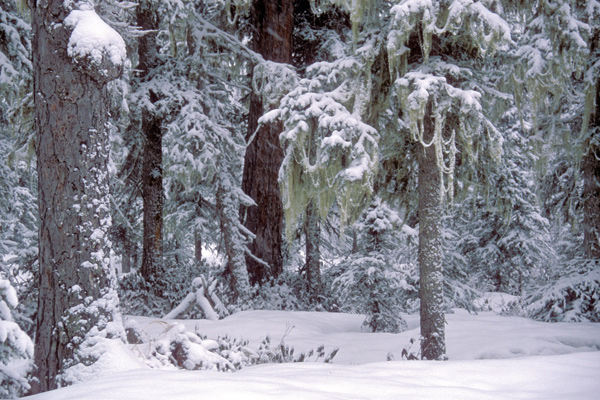In this book, the French writer Sylvain Tesson spends six months, mostly alone, in a log cabin in Siberia. ‘Cold, silence and solitude are conditions that tomorrow will be more valuable than gold,’ he tells us. So, Tesson grabs these things while they are still relatively cheap. He is, you might say, a modern-day Whitman with the soul of a speculator. He escapes into discomfort, and finds it bracing and thought-provoking. In the end he’s quite sad to leave. But you never get the impression he wants to stay for ever.
He packs vodka, cigars and ten boxes of painkillers to deal with his hangovers. He also takes along a mini-library — Tournier, Lawrence, Camus, Sade, Casanova, Mishima. Uh-oh. Required reading for the young man in crisis, you think. He takes Tournier ‘for daydreaming’, Lawrence ‘for sensuality’ and Mishima ‘for steely coldness’. And ‘Sade and Casanova to stir up my blood’. He’s in his late thirties. There’s a woman in his life, a smudge of pain on his inner horizon; at one point she finishes with him. He goes for a long walk, in the ice and snow. He’s always going for long walks in the ice and snow.
I thought I’d rip through this book. But it’s not something you want to read fast. Tesson, who I came to like more and more, is trying to rearrange his relationship with time. Being alone, miles from anywhere, encourages him to sit still and watch things. ‘I spend two hours in the position of Dr Gachet as painted by Van Gogh,’ he tells us. He looks at birds. He’s constantly aware of animals. Bears, wolves. He ponders the Russian, and also the Slavic, soul. Compared to us cheese-paring, bean-counting Westerners, Russians are, in some ways, awesome. It’s ‘a nation that sends rockets into space and where people fight off wolves with stones’.
He tells us some things we already know, but which are nevertheless welcome thoughts — being in a cold place makes you glad when you’re warm; time passes slowly sometimes, and fast at other times; when you’re lonely, you look for the best in people, and enjoy their company. He’s on the edge of Lake Baikal, which is mostly frozen, and people who live on a frozen lake are, to us, quite odd. One guy approves of Stalin and thinks ‘the French are homosexuals’. Tesson came to the woods to escape the barbarity of the modern world. But the woods, with their fiendish stag-traps and mink-hunters, are pretty barbaric too.
What are you, anyway, when you become a hermit? In one way, you’re disengaging from life. But in another, you’re pressing your face deeper into the stuff of life — you become feral, brutal, direct. You come to see that civilisation requires a form of acting. You pull fish out of the lake and kill them. You become bear-aware. You look for tracks in the snow. Tesson thinks, very articulately, about what it means to disengage from society. He thinks about hippies (they wanted freedom, rather than nature) and the Arab Spring (they want consumer durables). Reading Lady Chatterley’s Lover, as a hermit, you see it not as an erotic work but a book about the destruction of the environment.
So: you go to the middle of nowhere, and find out that, because you’re there, it’s the centre of the world. You get close to nature, and you discover that it’s much easier to romanticise from a distance. Deciding not to bring flowers to a woman, he explains: ‘Flowers are obscene sex organs.’ Living in a log cabin, he decides, is reactionary. People don’t plan revolutions from log cabins. They’re much more preoccupied with getting through the day. Tesson thinks about history. When you get down to it, he says, ‘men replace trees. One day, history turns around, and the trees grow back.’






Comments